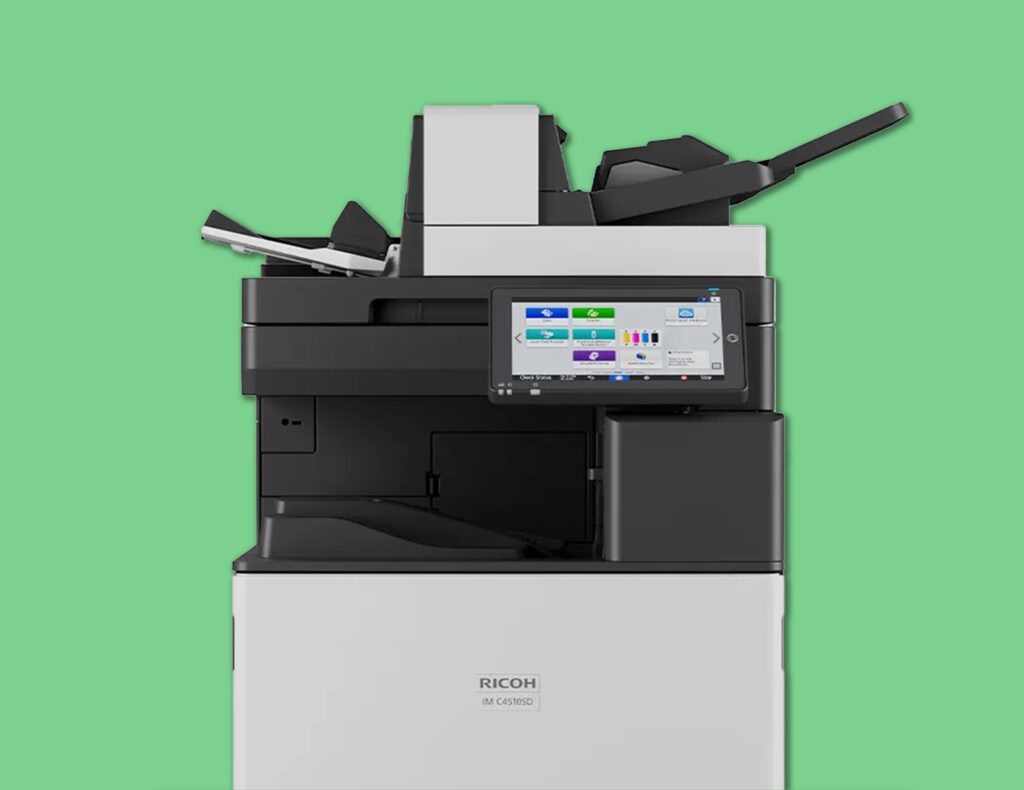
As your business grows, so does the volume of records you’re required to keep, whether they’re employee files, client contracts, medical records, or financial documents. One of the biggest decisions you’ll face is whether to store these documents onsite or move them to a secure offsite document storage facility.
While each option has its pros and cons, the right solution comes down to your business’s needs for cost-efficiency, data security, regulatory compliance, and space management.
In this post, we’ll break down the key differences between onsite vs. offsite document storage and help you determine which approach (or combination) makes the most sense for your organization.
What Is Onsite Document Storage?
Onsite storage means your records are stored within your business’s physical location—usually in:
- Filing cabinets
- Storage rooms or basements
- In-office server rooms (for digital records)
While convenient in theory, onsite storage presents several challenges as document volume increases.
What Is Offsite Document Storage?
Offsite storage refers to partnering with a third-party records management provider to store your physical documents in a secure facility. These providers offer:
- 24/7 security and surveillance
- Climate-controlled environments
- Barcode tracking and audit trails
- Delivery or scan-on-demand access
It’s especially useful for managing inactive records, meeting compliance requirements, and freeing up valuable office space.
Cost Comparison: Onsite vs. Offsite Storage
| Feature | Onsite Storage | Offsite Storage |
| Real estate cost | High — takes up office space | Low — documents stored offsite |
| Staffing/management | Requires internal labor | Included with vendor services |
| Equipment/furniture | Filing cabinets, shelving, etc. | None required |
| Scalability | Limited — space eventually runs out | Easily scalable |
| Long-term cost efficiency | Decreases over time | More efficient for inactive records |
Verdict: For growing businesses, offsite storage is typically more cost-effective—especially when you factor in the cost of office space.
Security Comparison
| Security Feature | Onsite Storage | Offsite Storage |
| Physical access control | Often limited | 24/7 monitored and restricted |
| Environmental protection | Rarely climate-controlled | Temperature and humidity-controlled |
| Fire/flood protection | Minimal | Fire suppression and disaster preparedness |
| Chain of custody tracking | Manual, if at all | Barcode or RFID-based system |
| Compliance standards | Dependent on internal processes | Built-in compliance protocols |
Verdict: Offsite facilities are purpose-built for security and compliance—offering protections most offices can’t replicate.
Compliance and Retention
Industries like healthcare, law, education, and finance have strict retention and access requirements. Offsite providers help you stay compliant with:
- HIPAA
- GLBA
- SOX
- FERPA
- State-specific retention laws
They also help implement:
- Timed destruction schedules
- Certificates of destruction
- Audit trails for access and delivery
Verdict: Offsite storage simplifies compliance, especially for businesses with regulated data.
Need HIPAA-compliant document storage? Learn how we can help →
Access and Convenience
Onsite storage offers immediate physical access—but that’s often outweighed by disorganization, misplaced files, or overstuffed cabinets.
Modern offsite providers offer:
- Online inventory portals
- Same-day or next-day physical delivery
- Scan-on-demand digital access within hours
- Indexing by document type, date, or client
Verdict: Offsite access is faster and more reliable than digging through in-house storage.
Space Optimization
Storing records in-house means dedicating office real estate to cabinets, storage rooms, or even additional lease space.
By going offsite, you can:
- Reclaim square footage for productive use
- Avoid clutter and safety hazards
- Delay or eliminate the need for office expansion
Verdict: Offsite storage frees up space and improves your office layout.
When to Choose Each Option
Offsite Storage Is Ideal When:
- You have inactive records you rarely access
- You’re running out of office space
- You need secure, compliant, long-term storage
- You want scalable and professional records management
Onsite Storage Works Best When:
- You frequently retrieve the same records
- You have space to spare
- You manage a small volume of files
Some businesses benefit from a hybrid approach: store frequently used documents onsite and archive inactive records offsite.
The decision between onsite and offsite document storage isn’t just about where you keep your files, it’s about how you manage your resources, protect sensitive information, and maintain compliance as your business grows.
For most businesses, offsite storage provides better value, greater security, and long-term scalability. Whether you’re making room for growth or improving your document compliance posture, a secure offsite partner can make all the difference.



